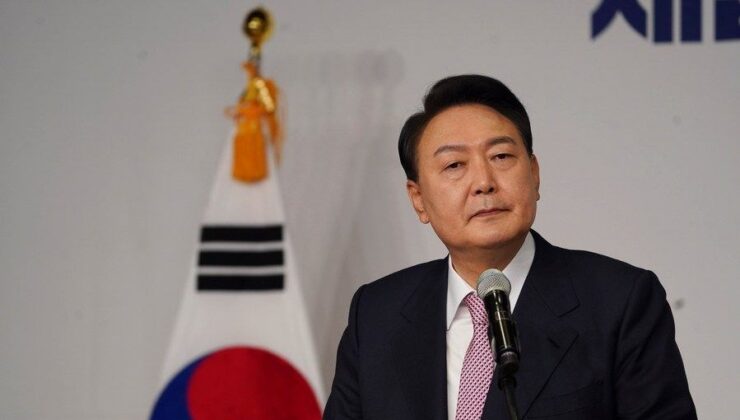



On 4 April, South Korea’s Constitutional Court is set to determine whether Yoon Suk Yeol, who was recently detained following a martial law declaration and temporarily suspended from his presidential role, will be reinstated. This decision is highly anticipated, and the court has announced that both public participation and live broadcasts will be facilitated during the declaration of the verdict.
Announcement Details
The court’s statement highlighted that the verdict concerning Yoon’s potential return to office will be unveiled to the public at approximately 11:00 AM local time on the specified date. In preparation for this significant event, South Korea’s National Police Service has escalated the police force’s emergency status to ‘Gapho,’ the highest level, in anticipation of Yoon’s impeachment proceedings.
The Seoul Police Service will also implement road closures near the Constitutional Court and deploy 810 personnel to manage traffic in the vicinity. Additionally, as part of the preparedness measures for the verdict day, the National Police Agency has decided to station 14,000 riot police in Seoul to effectively handle any potential disturbances.
Closure of Cultural Sites
The Ministry of Culture, Sports and Tourism’s Korean Heritage Services announced the closure of several significant palaces on 4 April to safeguard cultural heritage and prevent visitor accidents. The Gyeongbok, Changdeok, and Deoksu palaces will not be accessible on the decision day. Furthermore, the scheduled changing of the guard ceremony and tours at Gyeongbok Palace in Seoul have been canceled. Other cultural sites, such as the Seoul Handicraft Museum and the Unhyeon Royal Residence, will also remain closed throughout the day.
Potential Outcomes
Should Yoon be impeached, South Korean law mandates a presidential election within a 60-day timeframe. Conversely, if the impeachment motion is denied, Yoon will continue his presidency until 2027.
Yoon faced impeachment charges initiated by the South Korean National Assembly, citing the unconstitutionality of the martial law declaration. Consequently, he was detained on 15 January during the ongoing martial law investigation, becoming the first South Korean head of state to be held in custody. After a lengthy interrogation, Yoon was transferred to a detention center before being formally arrested on 19 January on charges of ‘leading an uprising’ and ‘abuse of office’ by the Seoul Western District Court.
However, Yoon was released from the Seoul Detention Centre on 8 March, following a decision by the Seoul Central District Court that allowed him to undergo trial without physical detention. Despite his release, both the impeachment process and related criminal proceedings against him are ongoing.
SİGORTA
1 gün önceSİGORTA
2 gün önceENGLİSH
11 gün önceSİGORTA
11 gün önceSİGORTA
11 gün önceSİGORTA
14 gün önceSİGORTA
16 gün önce 1
Elon Musk’s Father: “Admiring Putin is Only Natural”
11704 kez okundu
1
Elon Musk’s Father: “Admiring Putin is Only Natural”
11704 kez okundu
 2
7 Essential Foods for Optimal Brain Health
11602 kez okundu
2
7 Essential Foods for Optimal Brain Health
11602 kez okundu
 3
xAI’s Grok Chatbot Introduces Memory Feature to Rival ChatGPT and Google Gemini
11225 kez okundu
3
xAI’s Grok Chatbot Introduces Memory Feature to Rival ChatGPT and Google Gemini
11225 kez okundu
 4
Minnesota’s Proposed Lifeline Auto Insurance Program
9630 kez okundu
4
Minnesota’s Proposed Lifeline Auto Insurance Program
9630 kez okundu
 5
The Division 2: Battle for Brooklyn Expansion
8275 kez okundu
5
The Division 2: Battle for Brooklyn Expansion
8275 kez okundu
Veri politikasındaki amaçlarla sınırlı ve mevzuata uygun şekilde çerez konumlandırmaktayız. Detaylar için veri politikamızı inceleyebilirsiniz.